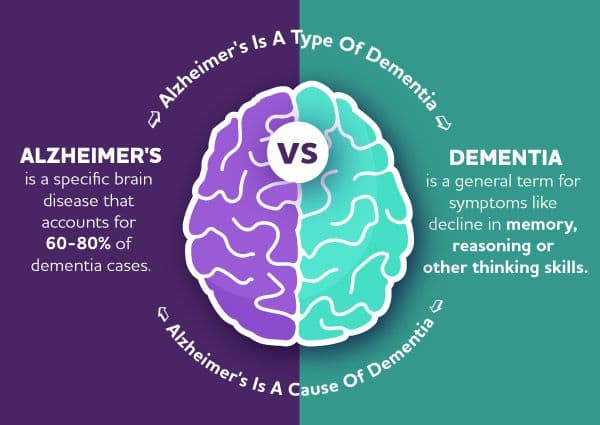Dementia is a progressive condition that primarily affects older adults, though it is not a normal part of aging. It involves the deterioration of cognitive functions such as memory, reasoning, and communication, as well as changes in mood and behavior.
Alzheimer's disease is the most common cause of dementia, but there are other types, including vascular dementia, Lewy body dementia, and frontotemporal dementia. Early diagnosis and intervention can help manage symptoms and improve quality of life.








